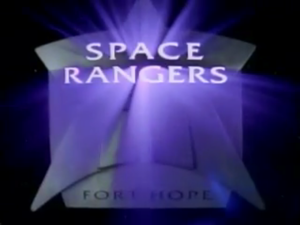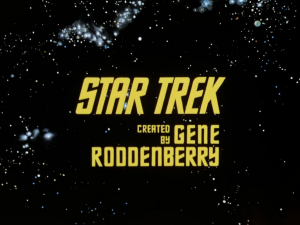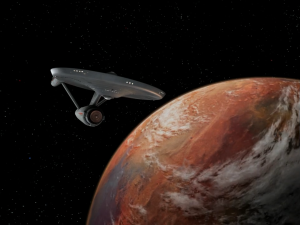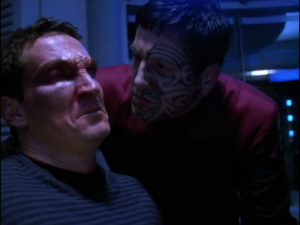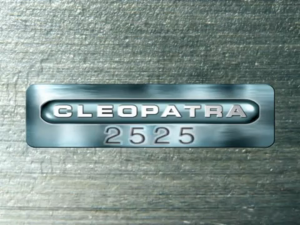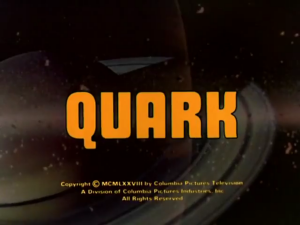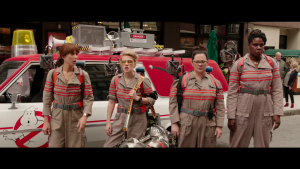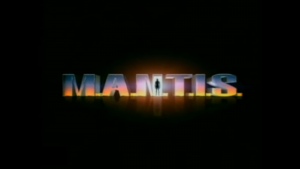What Could Have Been: Alphas Season 3
- November 30th, 2016
- Write comment
 Since the end of Battlestar Galactica, Syfy has had a tough time finding a new flagship show. Continuing BSG in the form of Caprica failed, and Stargate Universe died around the same time. Defiance seemed a possible successor, but it bit the dust last year, and it’s only recently that the heir apparent came to be in the form of The Expanse. In between came Alphas, a show about people with superpowers that were pretty toned down compared to the heroes dominating the big screen at the time. And much like SGU, Alphas was canceled in its second season on a notorious cliffhanger. I’ll be honest; I never was much of a fan, getting bored with it after the first two episodes, but I’m not one to turn down a special request if I can fulfill it (especially since I’m not always able to). So here’s what I found, from the mouths of the writers and cast, on the lost future of Alphas.
Since the end of Battlestar Galactica, Syfy has had a tough time finding a new flagship show. Continuing BSG in the form of Caprica failed, and Stargate Universe died around the same time. Defiance seemed a possible successor, but it bit the dust last year, and it’s only recently that the heir apparent came to be in the form of The Expanse. In between came Alphas, a show about people with superpowers that were pretty toned down compared to the heroes dominating the big screen at the time. And much like SGU, Alphas was canceled in its second season on a notorious cliffhanger. I’ll be honest; I never was much of a fan, getting bored with it after the first two episodes, but I’m not one to turn down a special request if I can fulfill it (especially since I’m not always able to). So here’s what I found, from the mouths of the writers and cast, on the lost future of Alphas.


